When considering non-rechargeable lithium or alkaline batteries, it's important to understand their benefits.
Non-rechargeable lithium batteries store more energy in a compact size, deliver a higher and more stable voltage, and have a shelf life of more than 10 years when unused. These batteries are ideal for high-drain gadgets like cameras or smart devices.
On the other hand, alkaline batteries are single-use and perform well in low-power devices such as remotes. They are more affordable, making them suitable for everyday use. Evaluate your needs carefully to select the right battery for your device.
Key Takeaways
- Non-rechargeable Lithium batteries work well for devices like cameras and drones.
- They last long and give steady power for high-energy needs.
- Alkaline batteries cost less and are good for remotes and clocks.
- Think about how much energy your device needs before buying.
- Non-rechargeable lithium batteries last significantly longer in high-drain devices, reducing the frequency of replacements and saving money in the long run.
- Always recycle or dispose of batteries properly to help the planet.
Comprehensive Comparison of Non-Rechargeable Lithium vs Alkaline Batteries
Cost Differences
Alkaline batteries cost less because they use cheaper materials. They are made for one-time use and can be bought in bulk. These are great for everyday items like clocks or remotes.
Non-rechargeable lithium batteries are more expensive. They can cost up to five times more than alkaline ones. But they last much longer, making them worth the price over time.
In high-drain devices, lithium batteries can work 8–10 times longer than alkaline batteries, saving money in the long run.
Lithium batteries also keep a steady voltage until they are almost empty. Alkaline batteries lose power slowly as they are used. This makes lithium batteries better for important devices that need reliable power.
If you want to save money over time, lithium batteries are best for high-power gadgets.
Lifespan and Shelf Life
Non-rechargeable lithium batteries are better in both areas. They are single-use but can last up to 20 years in storage. This makes them perfect for things like medical tools or emergency flashlights.
Alkaline batteries are cheaper but don’t last as long. They can stay good for up to 10 years in storage, but cannot be recharged. This limits their use for long-term needs.
If you need batteries for devices that must last a long time, lithium batteries are the better choice. They hold more energy and are more durable.
| Battery Type | Shelf Life (Years) | Lifespan (Cycles) |
| Alkaline Battery | Up to 10 | N/A (Single-use) |
| Non-rechargeable Lithium Battery | Up to 20 | N/A (Single-use) |
Performance in High-Drain vs Low-Drain Devices
Non-rechargeable lithium and alkaline batteries work differently in high and low-power devices.
Lithium batteries have more energy and are three times stronger than alkaline ones. They are best for high-power devices like cameras, drones, or game controllers. They also keep steady power until they are empty, which is great for demanding electronics.
Alkaline batteries are better for low-power devices like clocks or TV remotes. They release energy slowly, which works well for small power needs. But they don’t handle heavy use well and might leak in high-power devices.
| Criteria | Lithium Batteries | Alkaline Batteries | Best For |
| Energy Density | 3x higher (Energizer Ultimate) | Standard capacity | Digital cameras, drones |
| Cost | $3.00 (EBL disposable) |
$0.50 (disposable) | Budget applications |
| Leakage Risk | <1% (Duracell 2023) | 5-8% | Critical devices |
For high-power devices, lithium batteries are the best option. For simple devices, alkaline batteries are a cheaper and good choice.
Applications and Compatibility
Picking between non-rechargeable lithium batteries and alkaline batteries depends on your device. Each type works best for certain uses.
Household Devices
Alkaline batteries are great for everyday items with low power needs. These include clocks, remotes, and flashlights. They are cheap and last a long time when stored. You can keep them for years without losing energy.
Disposable lithium batteries are not ideal for basic household gadgets. They cost more and have features that aren’t needed for simple devices. If your device doesn’t need much power, alkaline batteries are a better choice.
High-Performance Electronics
Lithium batteries are perfect for devices that use a lot of energy. They give steady power and last longer, even in tough conditions.
Gadgets like cameras, drones, and gaming controllers work best with them. They also handle extreme temperatures well, making them great for outdoor use.
Alkaline batteries don’t perform well in high-power devices. They lose energy fast and might leak if overused. For electronics needing reliable power, lithium batteries are a better pick.
Compatibility Overview
Here’s a table showing the main features and best uses for each type:
| Battery Type | Key Features | Best Uses |
| Alkaline Batteries | Cheap, long storage life, weak in high-power devices, shorter lifespan | Low-power household gadgets |
| Disposable Lithium Batteries | Lasts longer, works in high-power devices, handles extreme temperatures, single-use | High-power gadgets like cameras and drones |
Specialized Applications
Lithium batteries are used in medical tools, emergency gear, and advanced devices. They last long and are reliable in critical situations. For example, they power pacemakers and defibrillators where steady performance is crucial.
Alkaline batteries are rarely used for special devices. They don’t have enough energy or durability for tools needing precision and reliability.
Pro Tip: Think about your device’s energy needs before choosing a battery. Use alkaline batteries for low-power gadgets and lithium batteries for high-power electronics.
Advantages and Disadvantages of Lithium Batteries
Benefits of Lithium Batteries
Lithium batteries have many benefits for modern gadgets.
Their high energy density means they can hold more power in a small size. This makes them great for devices like digital cameras, smart home devices, and high-performance flashlights. They also keep a steady voltage while being used, giving reliable power for high-energy devices.
These batteries are also very durable, with a very long operational life in the device. This long life means you won’t need to replace them often, saving money in the long run for heavy users.
Lithium batteries work well in extreme temperatures, from -25°C to 45°C. This makes them useful for outdoor tools like drones or emergency gear.
While they are single-use, their longer lifespan compared to alkaline batteries means fewer batteries are consumed and discarded over time, which can be a relative environmental benefit.
| Advantages | Details |
| High energy density | Holds more power, great for devices like laptops and high-drain electronics. |
| Long lifespan | Lasts much longer in-device than alkaline, reducing how often you replace them. |
| Stable voltage | Gives steady power for high-energy gadgets. |
| Temperature adaptability | Works well in very hot or cold conditions. |
| Reduced Replacements | Fewer batteries used over time in the same device compared to alkaline. |
Pro Tip: For gadgets that need strong and steady power, lithium batteries are the best option.
Drawbacks of Lithium Batteries
Even with their benefits, lithium batteries have some downsides. Their high upfront cost can be a problem for people on a budget. They cost more than alkaline batteries, but their long life can save money over time.
Another issue is that once they are depleted, they cannot be used again. They must be disposed of, and while they last a long time, they contribute to waste.
Using the correct type for your device and avoiding damage is critical. Short-circuiting or physical damage can cause a dangerous reaction.
Another issue is capacity loss over time. Lithium batteries wear out with use, especially in hot places. This means they will need replacing eventually, which can be inconvenient.
While they are better for the environment than alkaline batteries in terms of performance efficiency, making and throwing them away still has some environmental impact because of the rare materials used.
| Disadvantages | Details |
| High upfront cost | Costs more than alkaline batteries. |
| Safety concerns | Can overheat or catch fire if misused or damaged. |
| Single-Use | Must be replaced once depleted. |
| Environmental impact | Making and disposing of them can harm the planet. |
| Improper Use Risk | Risk of damage if used in an incompatible device. |
Note: Always use lithium batteries carefully and follow instructions to keep them safe and last longer.
Advantages and Disadvantages of Alkaline Batteries
Benefits of Alkaline Batteries
Alkaline batteries are great for devices that use little power. They are cheap, costing between $0.50 and $1 each.
This makes them perfect for everyday items like remotes, smoke alarms, and flashlights. You can buy many without spending too much money. Keeping extra alkaline batteries ensures you always have power when needed.
These batteries last a long time when stored correctly. They can stay usable for up to 10 years, which is helpful for emergency kits or rarely used gadgets.
They often perform reliably in low-power devices, and perform well in small flashlights or portable entertainment gadgets.
Another advantage is how easy they are to find. You can buy alkaline batteries at almost any store. They also work with many different devices, making them very convenient.
Pro Tip: Use alkaline batteries for low-power gadgets if you want a cheap and reliable option.
Drawbacks of Alkaline Batteries
Alkaline batteries don’t work well in devices that need lots of power. They are not good for things like cameras or gaming controllers.
They often fail early in setups with multiple batteries.
In series setups, the weakest battery lowers performance.
In parallel setups, uneven use can cause leaks or over-discharge.
- Weak batteries in series setups reduce how long they last.
- Uneven use in parallel setups increases the chance of leaks.
- Multi-battery setups often fail faster than expected.
Alkaline batteries cannot be recharged, so you must replace them when they run out. In high-drain devices, this means frequent replacement, and the cost can add up over time.
Throwing away alkaline batteries also harms the environment. Recycling programs can help reduce waste, but are not always available.
Their chemical makeup causes problems in high-power devices. The anode can fail due to buildup, especially in demanding gadgets. This makes them less reliable for devices that need strong power.
Note: Alkaline batteries are good for basic devices, but for high-power gadgets, consider non-rechargeable lithium batteries instead.
Choosing Between Alkaline and Non-Rechargeable Lithium Batteries for Your Device
Best Batteries for Low-Drain Devices
For low-power gadgets like TV remotes and clocks, alkaline batteries are the best option.
They are affordable, easy to find, and provide enough power for devices with small energy needs.
Though lithium batteries are strong, they have a higher price and advanced features that are unnecessary for these devices.
Best Batteries for High-Performance Devices
High-power gadgets like cameras, drones, and gaming controllers need steady and strong energy. Non-rechargeable lithium batteries are the best choice for these.
Non-rechargeable lithium batteries last longer, hold more energy, and provide steady power for demanding devices.
They also work well in extreme weather, making them great for outdoor tools and emergency kits.
Lithium batteries don’t leak or lose power easily, keeping your devices running smoothly.
Key Factors to Consider When Choosing
Choosing between lithium and alkaline batteries depends on below things.
1. Device Type:
- Use alkaline batteries for remotes or clocks.
- Use lithium batteries for cameras or drones.
2. Budget:
- Alkaline batteries are cheaper for short-term use.
- Lithium batteries cost more but save money over time due to a longer lifespan.
3. Usage Frequency:
- For occasional use, alkaline batteries are practical.
- For frequent high-drain use, non-rechargeable lithium batteries are better because their long life reduces the hassle of frequent replacements.
4. Environmental Impact:
- The longer life of lithium batteries means less frequent disposal compared to alkaline batteries in the same device.
- Both types can be recycled.
5. Temperature Conditions:
- Alkaline batteries may not perform well in extreme temperatures.
- Lithium batteries work well in hot or cold weather.
Pro Tip: Match the battery type to your gadget’s energy needs. Think about cost, usage, and environmental impact.
Environmental Impact and Disposal of Lithium and Alkaline Batteries
Environmental Impact of Lithium Batteries
Making lithium batteries affects the environment, as mining lithium uses a lot of water and energy. If thrown away carelessly, they may leak harmful chemicals.
However, because they last so much longer in a device, fewer lithium batteries are needed over time compared to alkaline ones for the same job, which helps reduce overall waste.
Recycling them saves important materials, making them a greener choice than simply throwing them away.
Laws around the world aim to reduce the harm caused by lithium batteries. The Basel Convention ensures the safe handling of hazardous waste. In the U.S., the RCRA law requires proper battery disposal. These rules encourage recycling to help protect the planet.
Environmental Impact of Alkaline Batteries
Alkaline batteries have a significant environmental impact. Research shows that making one alkaline battery creates 10.40 kg of CO₂ emissions.
In comparison, rechargeable batteries only produce 2.53 kg. This means alkaline batteries are 76% worse for the climate.
Due to their shorter lifespan in many devices, they are thrown away more often, leading to more waste. Throwing them away adds to landfill waste, where they might release small amounts of toxins.
While they are less dangerous than lithium batteries, their widespread use makes their overall impact large.
| Impact Category | Alkaline Battery (kg CO₂-eq) | Rechargeable Battery (kg CO₂-eq) | Difference (%) |
| Climate Change | 10.40 | 2.53 | 76% less impact |
Proper Disposal and Recycling Guidelines
Knowing how to throw away batteries the right way helps the environment.
The EPA considers most lithium batteries hazardous if not disposed of properly, as they can catch fire or explode. Recycling lithium batteries prevents these dangers and saves materials like lithium and cobalt.
For alkaline batteries, disposal rules vary by location, but recycling programs are growing.
Pro Tip: Check your local rules for battery disposal. Many areas have drop-off spots or recycling programs for both lithium and alkaline batteries.
By disposing of batteries correctly, you help keep the environment clean and safe.
Conclusion
Choosing between lithium and alkaline batteries depends on your device's needs.
Lithium batteries are strong and last long, making them great for devices that need lots of power.
Alkaline batteries are cheaper and work well for simple gadgets like remotes or clocks.
By 2025, the use of high-performance lithium batteries is expected to grow. While much of the market buzz is around rechargeable lithium-ion for electric cars, the demand for powerful, long-lasting primary lithium batteries in advanced consumer electronics, smart devices, and industrial applications also continues to rise.
Innovations in materials will continue to improve their performance and may help lower costs over time.
Think about your device, how often you use it, and the environment when picking a battery.
As technology improves, primary lithium batteries will probably be the top choice for most demanding uses. They combine good performance with a longer in-device lifespan.
FAQ
1. Which lasts longer: lithium or alkaline batteries?
Lithium batteries last much longer than alkaline ones, especially in high-power devices. They give up to 10 times more energy and keep steady power until empty. Alkaline batteries lose energy slowly and work best for short-term use in low-power gadgets.
2. Are lithium batteries worth the higher cost?
Yes, lithium batteries are a good choice for powerful devices. They last longer, handle extreme weather, and can save money over time due to fewer replacements. For simple gadgets, alkaline batteries are cheaper and work well.
3. Can you use lithium batteries in devices designed for alkaline batteries?
Most gadgets made for alkaline batteries can use the same-size lithium ones (e.g., AA, AAA). But check your device’s guide to be sure. Primary lithium batteries have a slightly higher initial voltage (around 1.8V compared to 1.5V for alkaline), which might not work with some older or sensitive electronics.
4. Are lithium batteries better for the environment than alkaline batteries?
It's complicated, but lithium batteries can be considered better in some ways. Because they last much longer, you use and discard far fewer of them over time. They are also highly recyclable. Alkaline batteries create more trash since they are replaced more often. Recycling both types helps reduce harm to nature.
5. What’s the best choice for AA batteries: lithium or alkaline?
For devices that need lots of power, lithium AA batteries are better. They last longer and give steady energy. For low-power gadgets like remotes, alkaline AA batteries are cheaper and work fine.
Pro Tip: Pick the right battery for your gadget to save money and get the best performance.

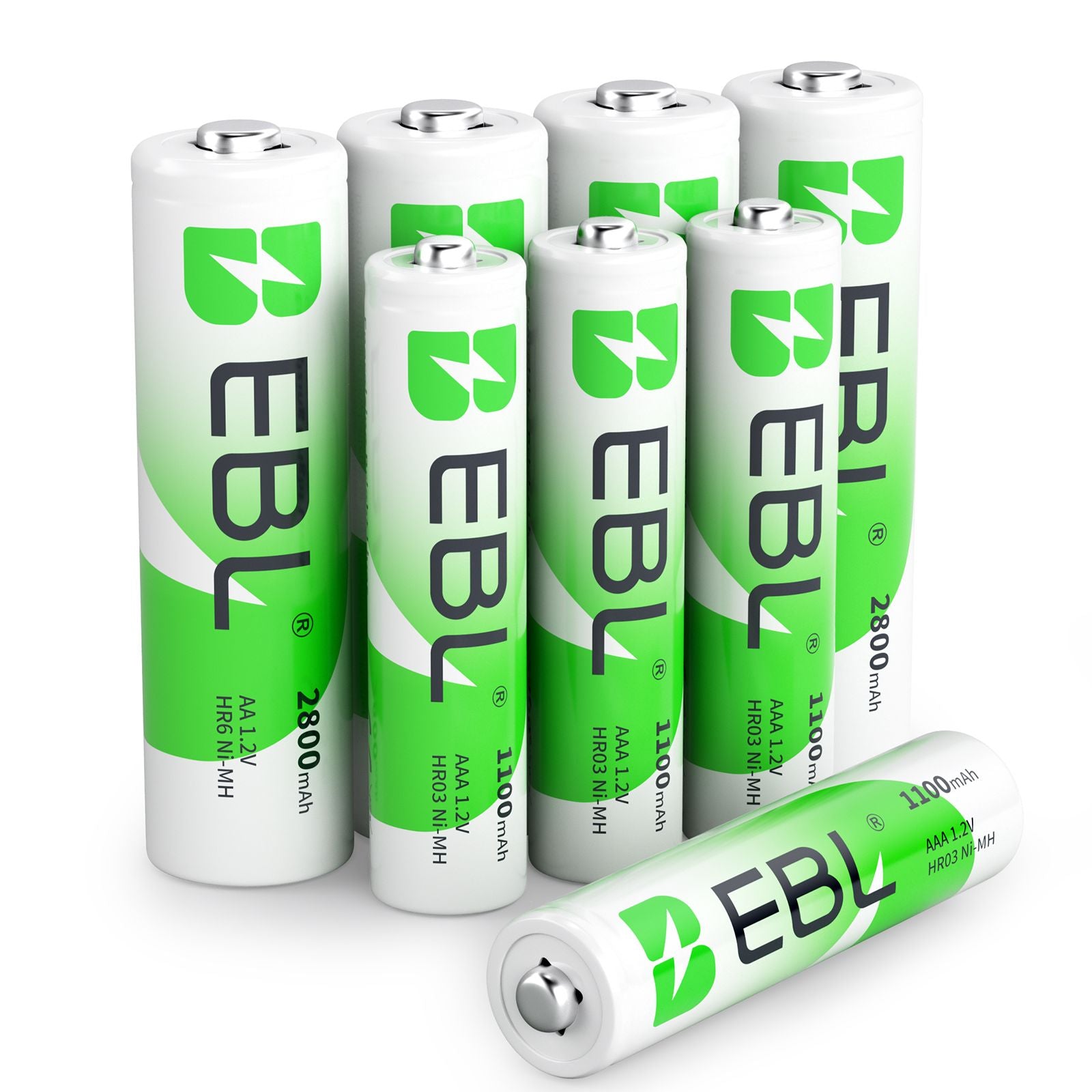
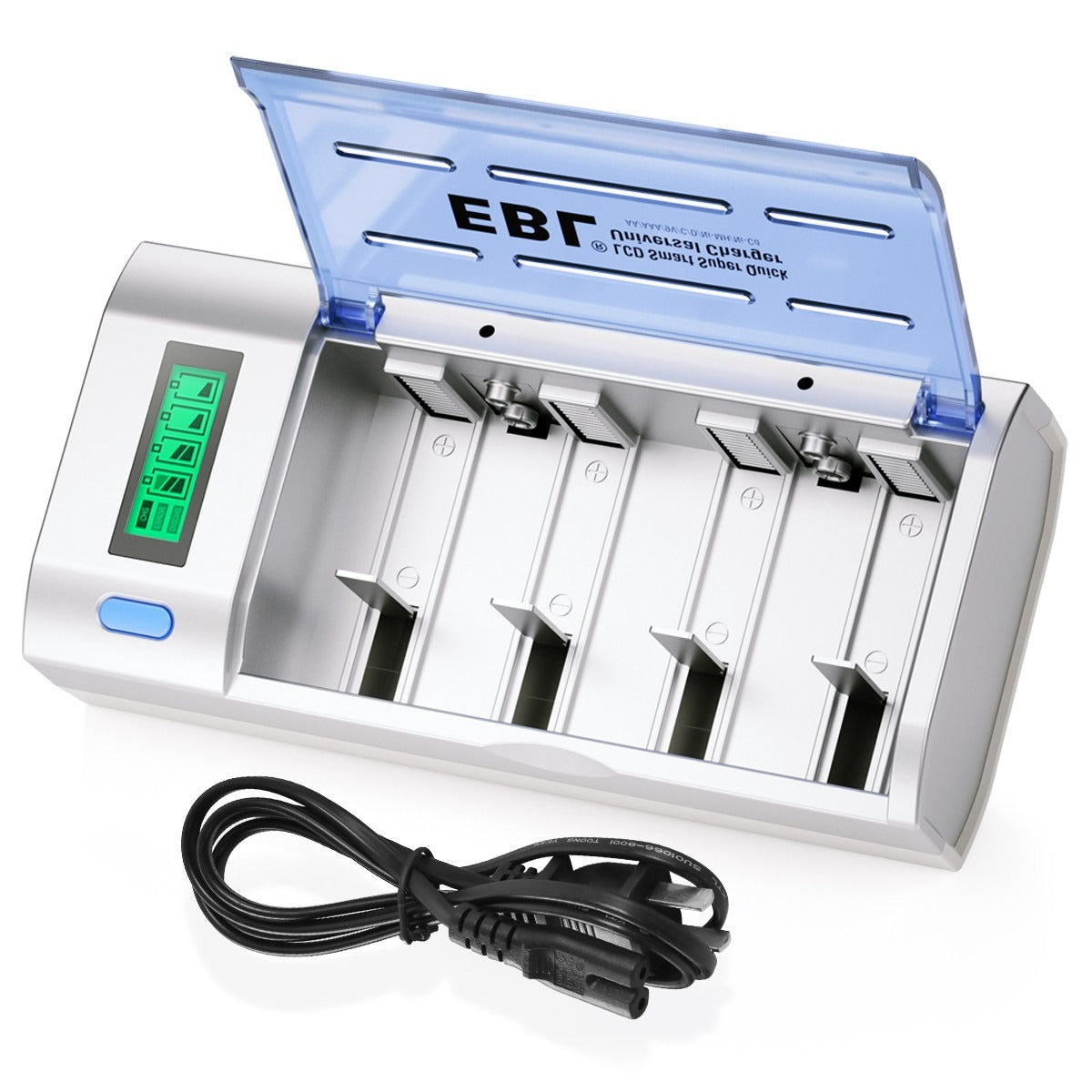
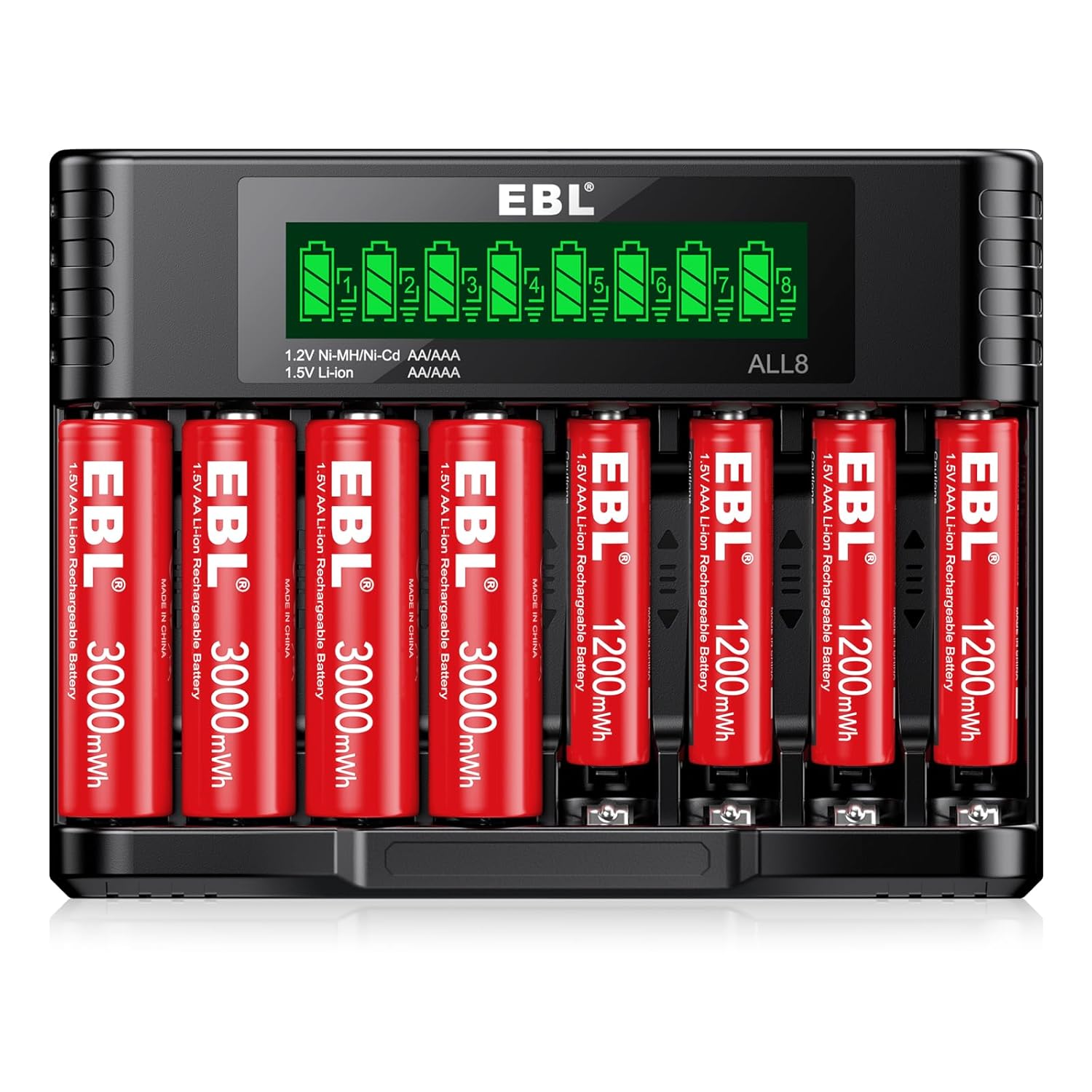

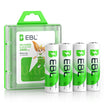
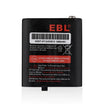
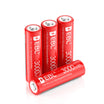
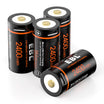
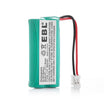
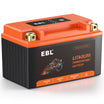


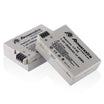
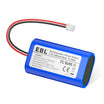
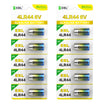
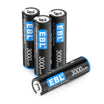

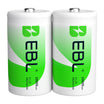
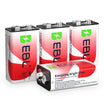
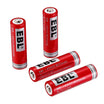
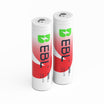
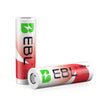
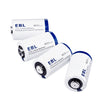
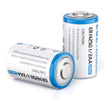
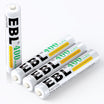

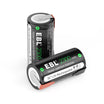

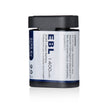
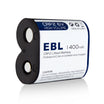
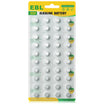
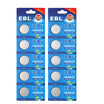

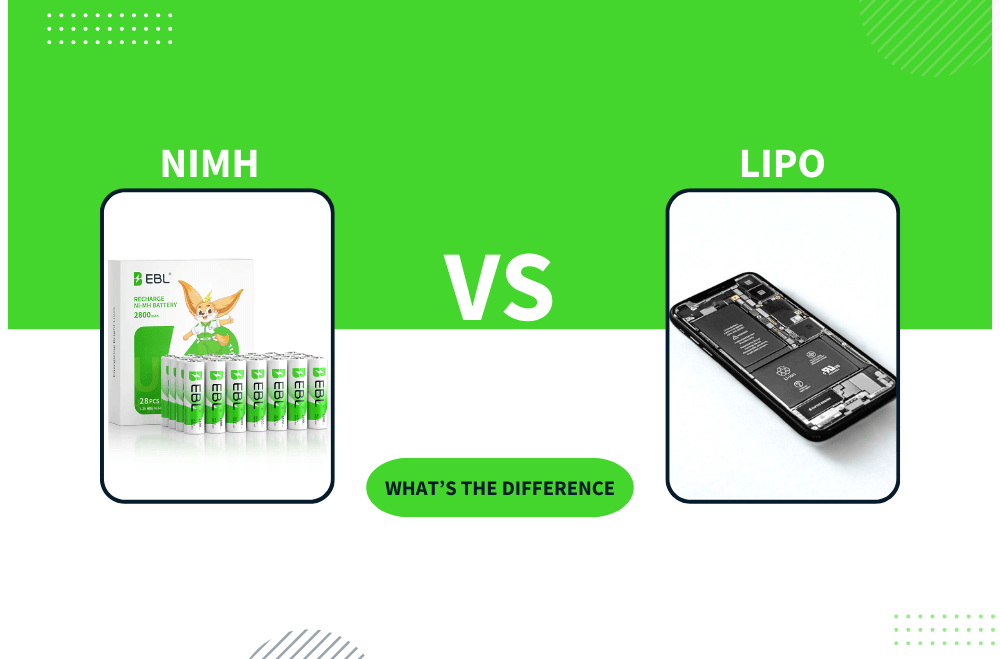
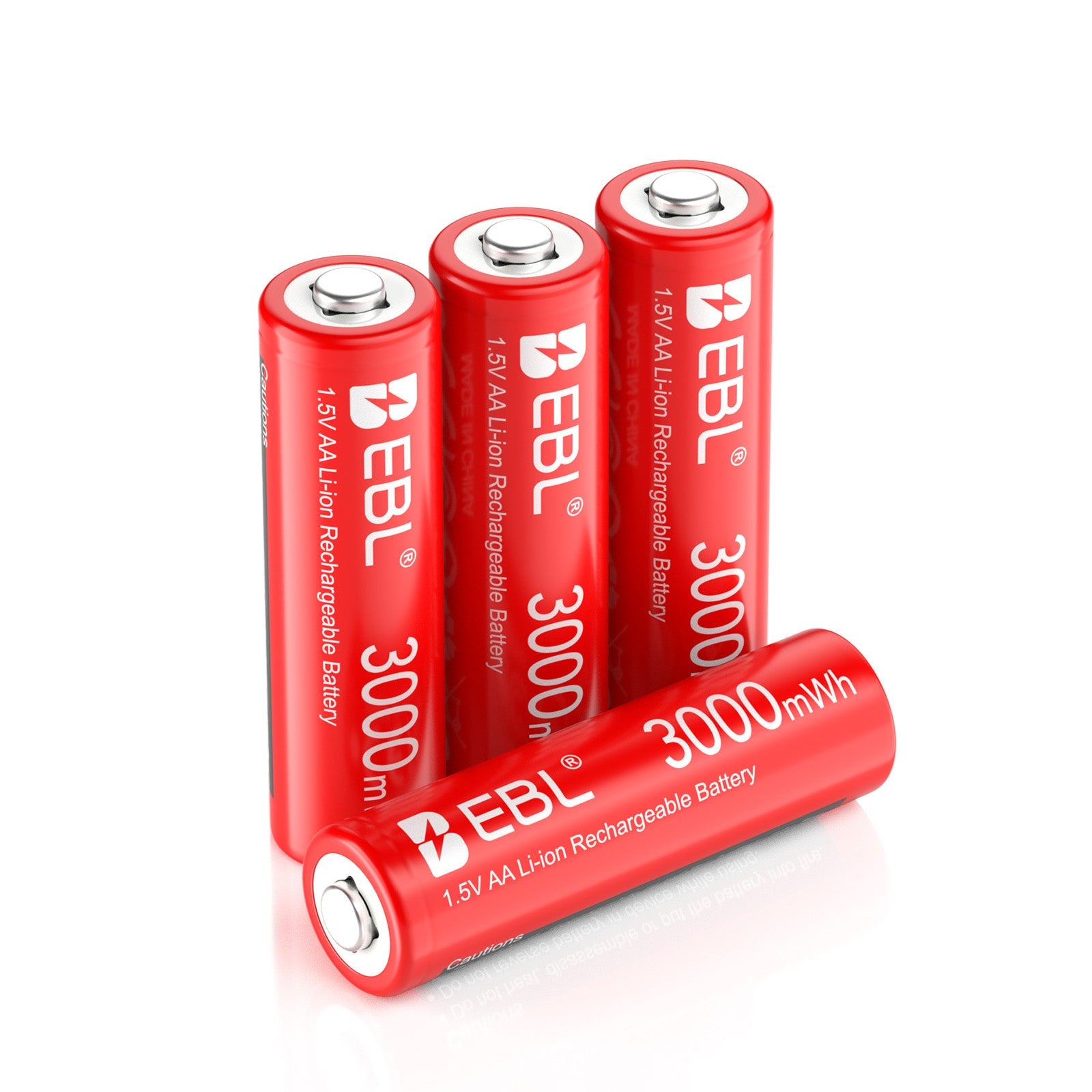
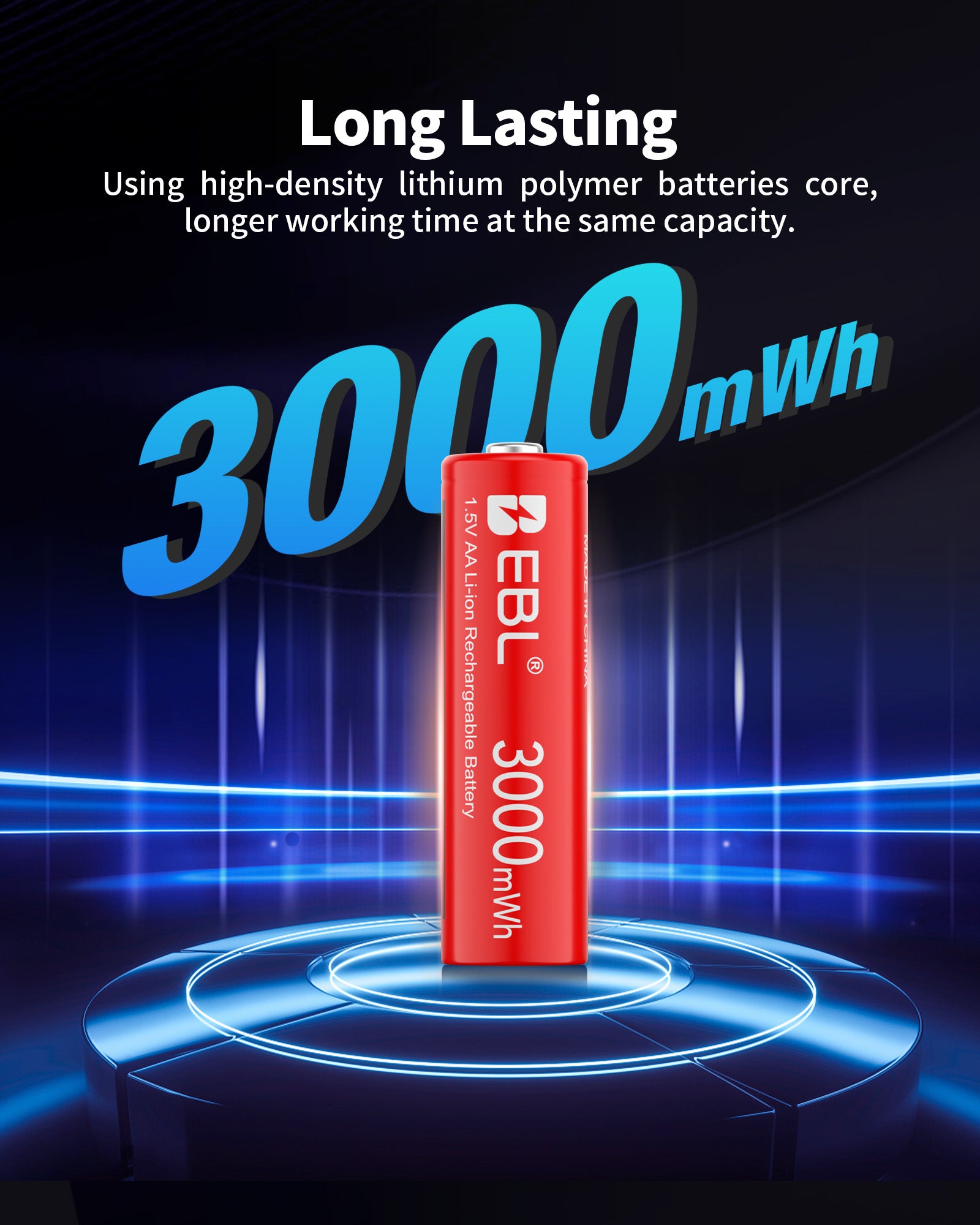
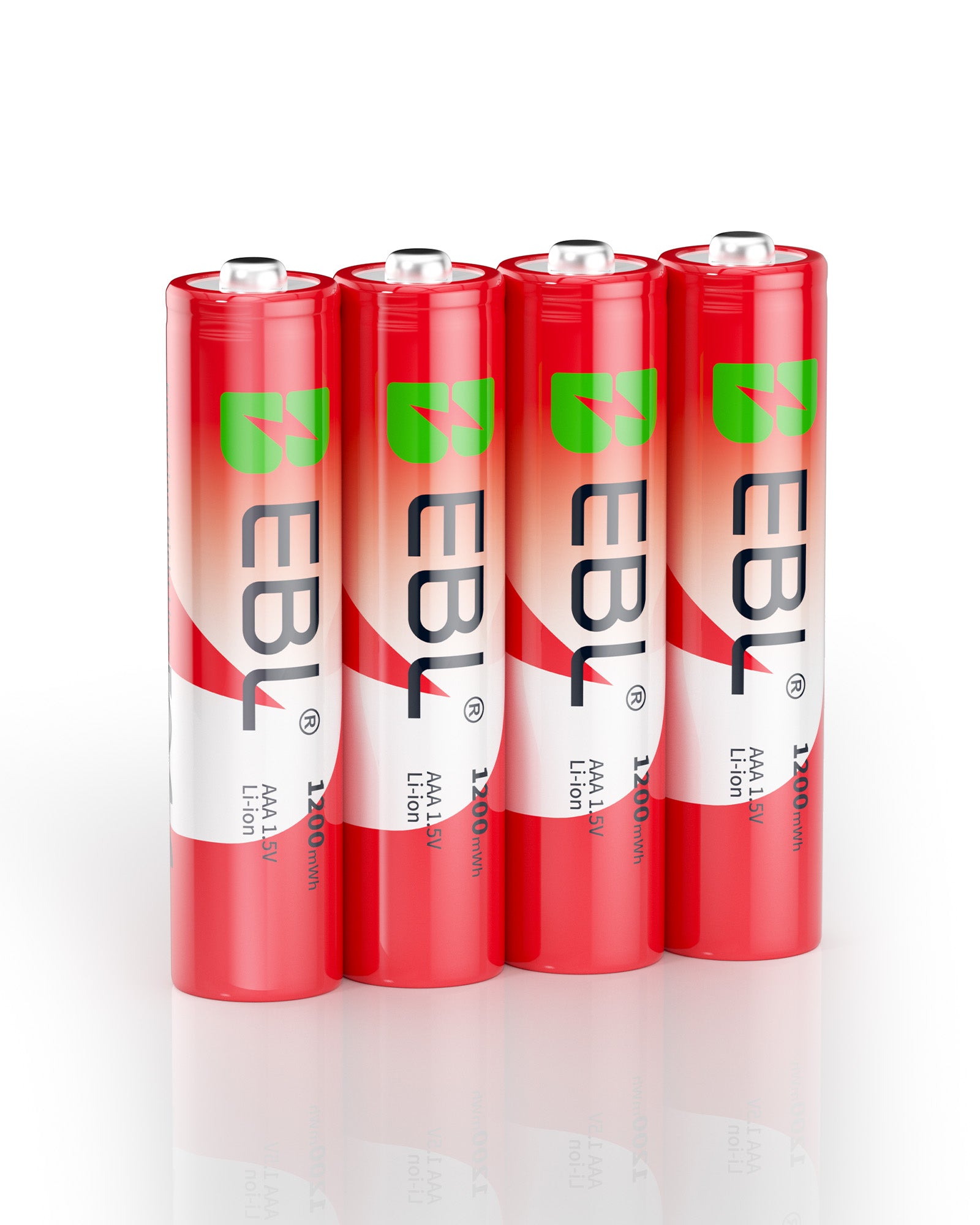
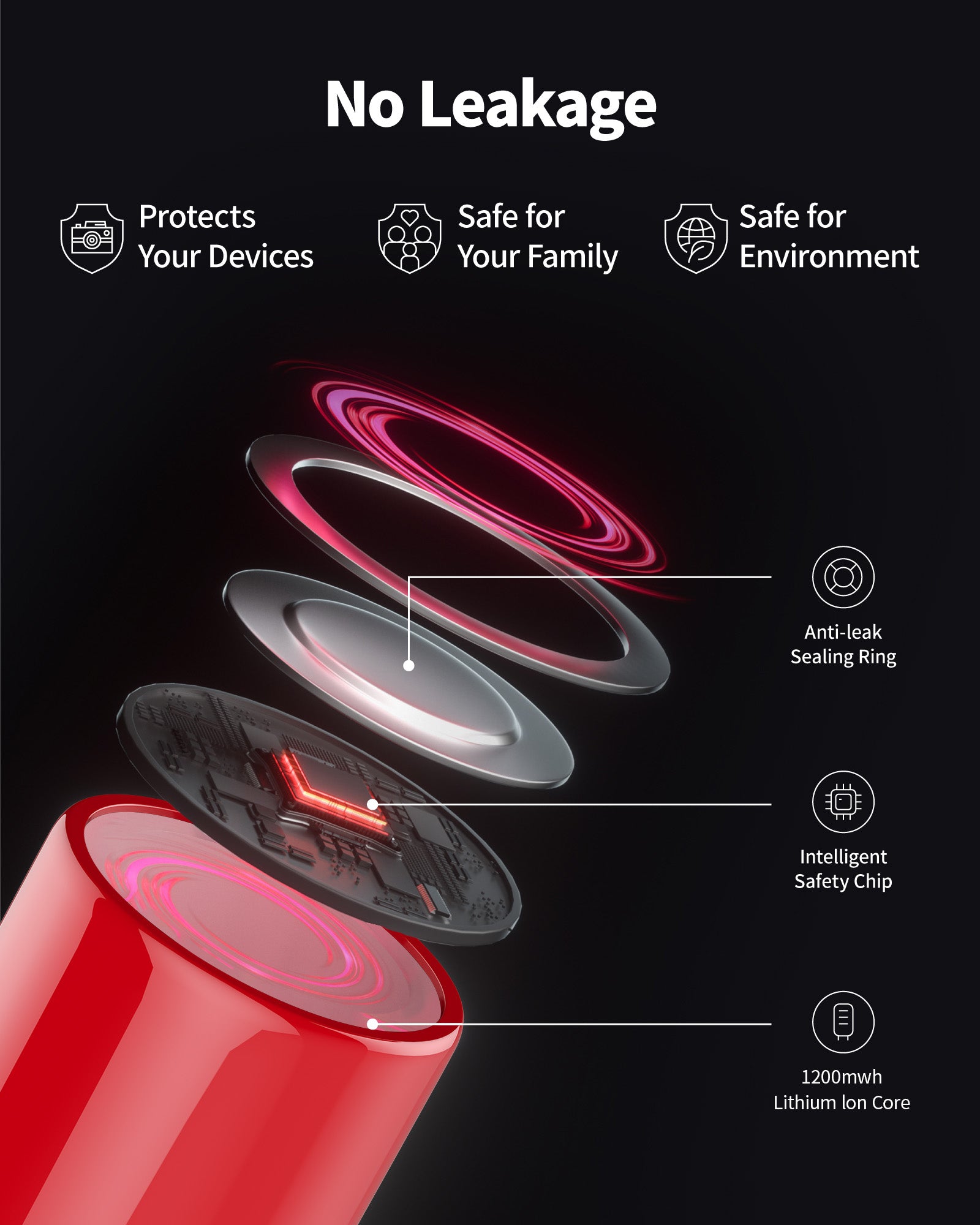
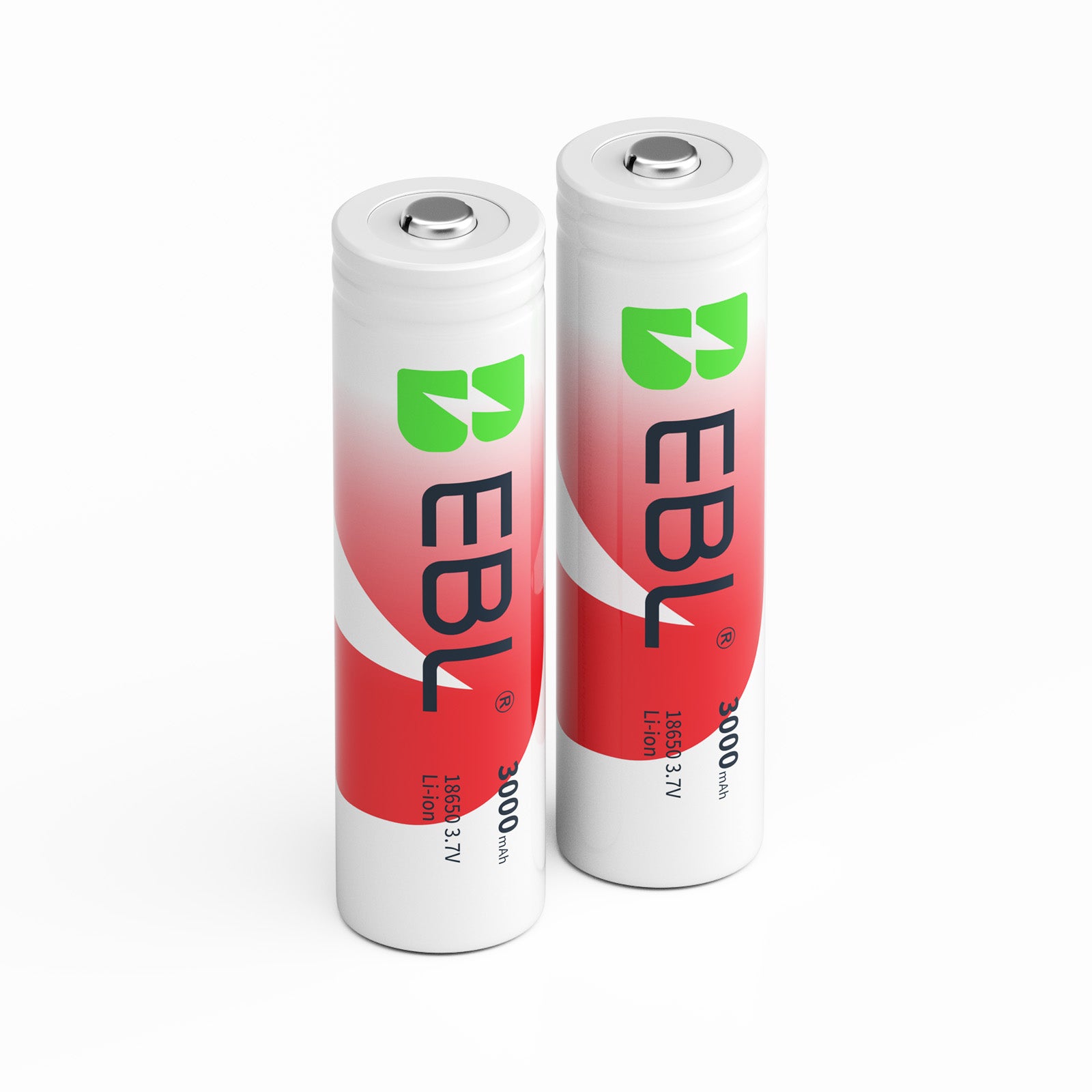
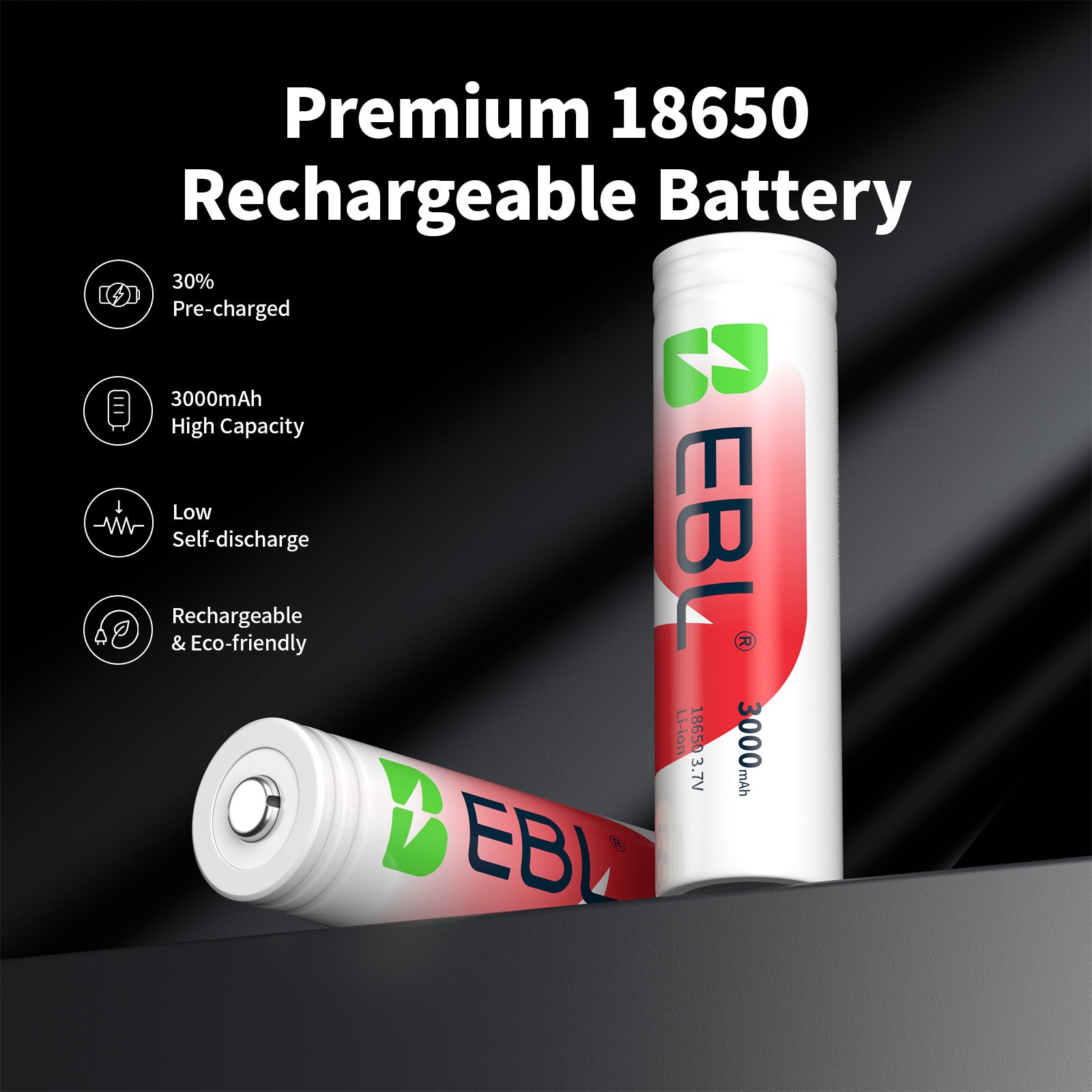
Leave a comment
All comments are moderated before being published.
This site is protected by hCaptcha and the hCaptcha Privacy Policy and Terms of Service apply.